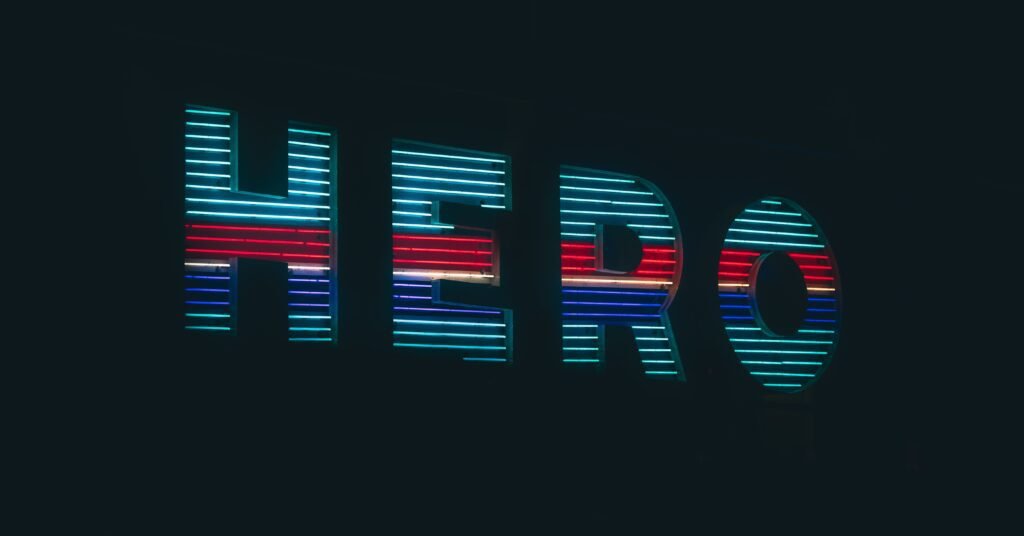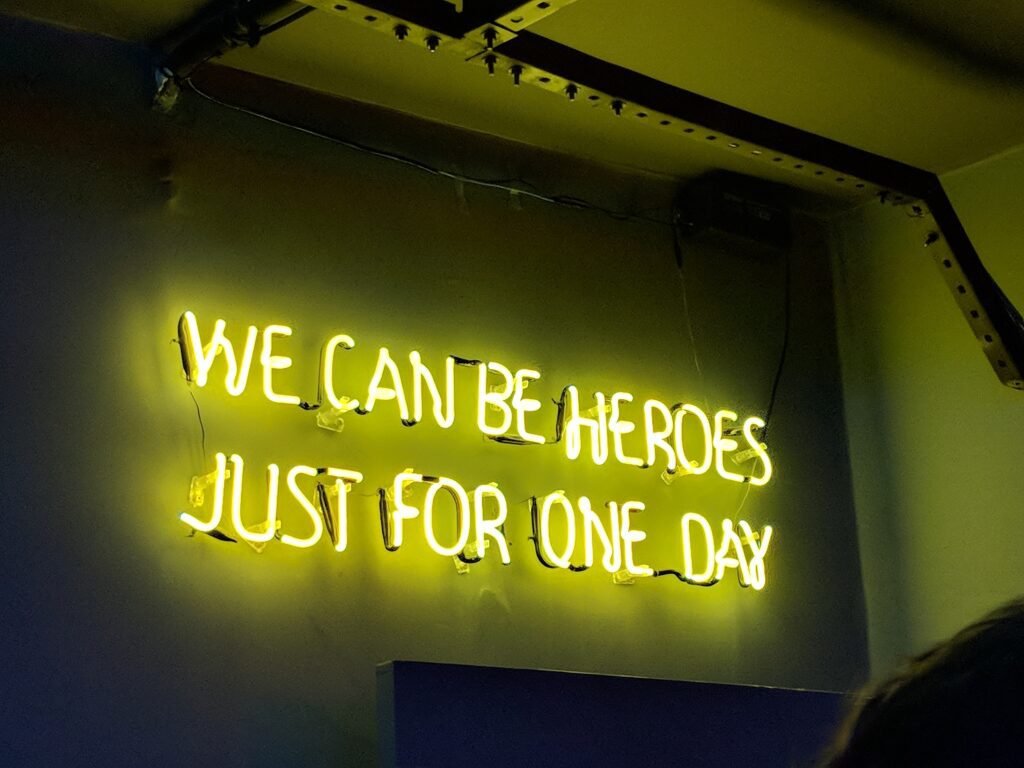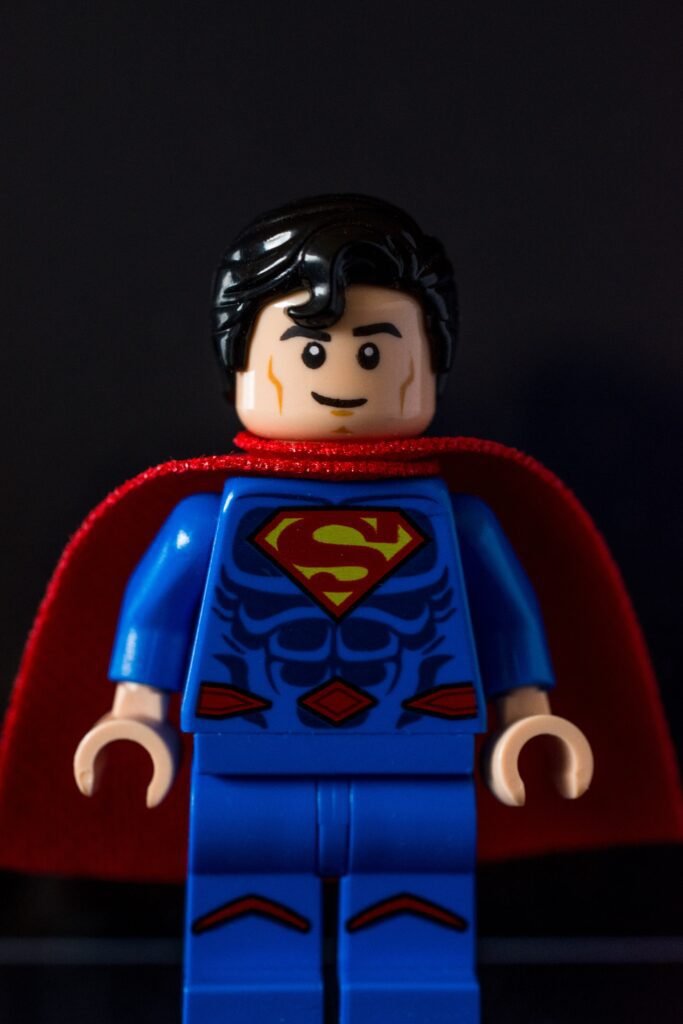Hero and Anti-Hero: What Are They and How Do They Differ in Stories

Heroes and anti-heroes are two of the most common character archetypes in stories. They are often the protagonists or antagonists of the plot, and they create a dynamic and engaging conflict for the readers or viewers. But what are the differences between a hero and an anti-hero? How do they affect the storytelling and the moral message of the story?
In this article, we will explore the definitions, examples, and characteristics of heroes and anti-heroes. We will also discuss how they influence the complex character development and the storytelling with moral ambiguity.
What is a Hero?
A hero is a character who possesses conventional heroic attributes, such as courage, morality, selflessness, and idealism. A hero typically acts for the greater good, and faces challenges and obstacles with bravery and honor. A hero also inspires and influences others with their actions and values.

Some examples of heroes in literature and film are:

- Harry Potter: Harry Potter is the main character and hero of the Harry Potter series by J.K. Rowling. He is a young wizard who fights against the evil Lord Voldemort and his followers, the Death Eaters. He is courageous, loyal, compassionate, and humble. He also has a tragic flaw, which is his tendency to act impulsively and recklessly.
- Katniss Everdeen: Katniss Everdeen is the main character and hero of The Hunger Games trilogy by Suzanne Collins. She is a young girl who volunteers to participate in a deadly competition, the Hunger Games, to save her sister. She is resourceful, determined, protective, and rebellious. She also has a tragic flaw, which is her difficulty to trust and express her emotions.
- Superman: Superman is the main character and hero of the Superman comics and movies. He is an alien who was sent to Earth as a baby, and grew up with superhuman abilities. He is noble, righteous, altruistic, and compassionate. He also has a tragic flaw, which is his vulnerability to kryptonite, a substance that weakens his powers.
What is an Anti-Hero?
An anti-hero is a character who lacks conventional heroic attributes, and may display qualities that are more in line with villains, such as conceitedness, immorality, rebellion, and dishonesty. An anti-hero typically acts for their own interests, and faces challenges and obstacles with cynicism and pragmatism. An anti-hero also confuses and challenges others with their actions and values.
Some examples of anti-heroes in literature and film are:
- Jay Gatsby: Jay Gatsby is the main character and anti-hero of The Great Gatsby by F. Scott Fitzgerald. He is a wealthy and mysterious man who throws lavish parties and pursues his lost love, Daisy Buchanan. He is charismatic, ambitious, romantic, and nostalgic. He also has a tragic flaw, which is his obsession with the past and his involvement in illegal activities.
- Walter White: Walter White is the main character and anti-hero of the Breaking Bad TV series. He is a high school chemistry teacher who turns to producing and selling methamphetamine after being diagnosed with cancer. He is intelligent, resourceful, ruthless, and manipulative. He also has a tragic flaw, which is his pride and greed.
- Deadpool: Deadpool is the main character and anti-hero of the Deadpool comics and movies. He is a mercenary who undergoes a experiment that gives him superhuman healing abilities and a disfigured appearance. He is sarcastic, irreverent, violent, and unpredictable. He also has a tragic flaw, which is his self-loathing and suicidal tendencies.

How Do Heroes and Anti-Heroes Differ in Stories?
Heroes and anti-heroes differ in many ways in stories, such as:
- Characterization: Heroes are usually characterized as admirable, noble, and virtuous, while anti-heroes are usually characterized as flawed, complex, and ambiguous.
- Motivation: Heroes are usually motivated by a sense of duty, justice, or honor, while anti-heroes are usually motivated by a sense of revenge, survival, or pleasure.
- Conflict: Heroes are usually in conflict with external forces, such as villains, enemies, or society, while anti-heroes are usually in conflict with internal forces, such as themselves, their past, or their conscience.
- Resolution: Heroes usually achieve a positive or satisfying resolution, such as saving the day, defeating the evil, or fulfilling their destiny, while anti-heroes usually achieve a negative or unsatisfying resolution, such as dying, losing, or failing.
How Do Heroes and Anti-Heroes Affect the Storytelling and the Moral Message of the Story?
Heroes and anti-heroes affect the storytelling and the moral message of the story in different ways, such as:
- Storytelling: Heroes usually follow a conventional and linear storytelling structure, such as the hero's journey, while anti-heroes usually follow a unconventional and nonlinear storytelling structure, such as the anti-hero's journey.
- Moral Message: Heroes usually convey a clear and positive moral message, such as good triumphs over evil, while anti-heroes usually convey a vague and negative moral message, such as life is unfair.
Conclusion
Heroes and anti-heroes are two of the most common character archetypes in stories. They are often the protagonists or antagonists of the plot, and they create a dynamic and engaging conflict for the readers or viewers. Heroes and anti-heroes differ in their characterization, motivation, conflict, and resolution. They also affect the storytelling and the moral message of the story in different ways.
We hope you enjoyed this article and learned something new. If you want to know more about heroes and anti-heroes, you can visit our website formatopapelypunto.com, where you will find more articles, tips, and resources on this topic. Thank you for reading and happy writing!
If you want to know other articles similar to Hero and Anti-Hero: What Are They and How Do They Differ in Stories you can visit the category Blog.

Leave a Reply